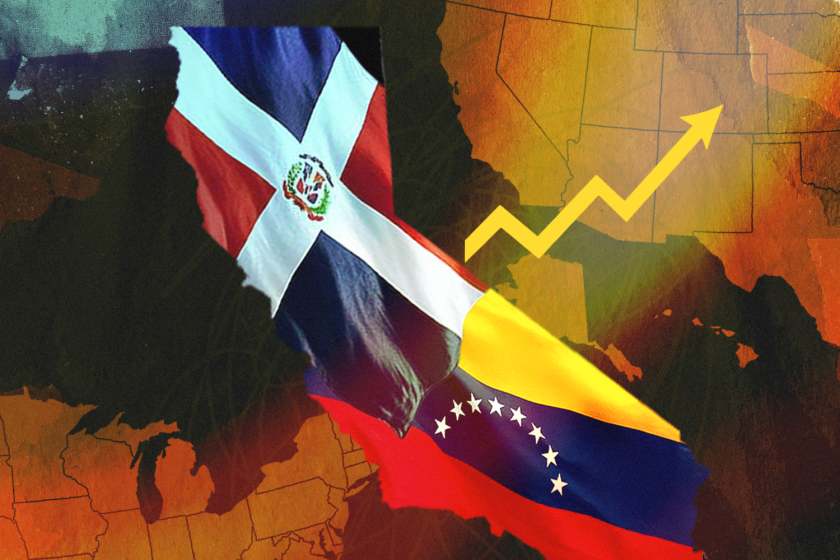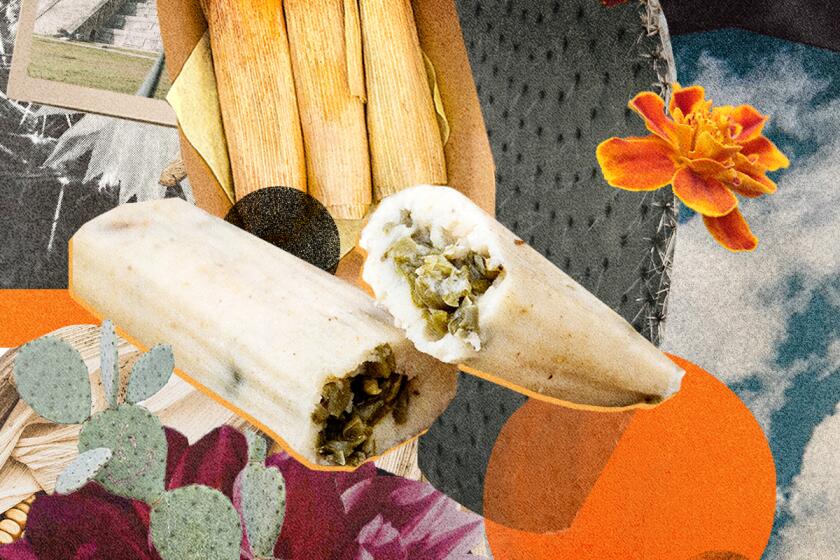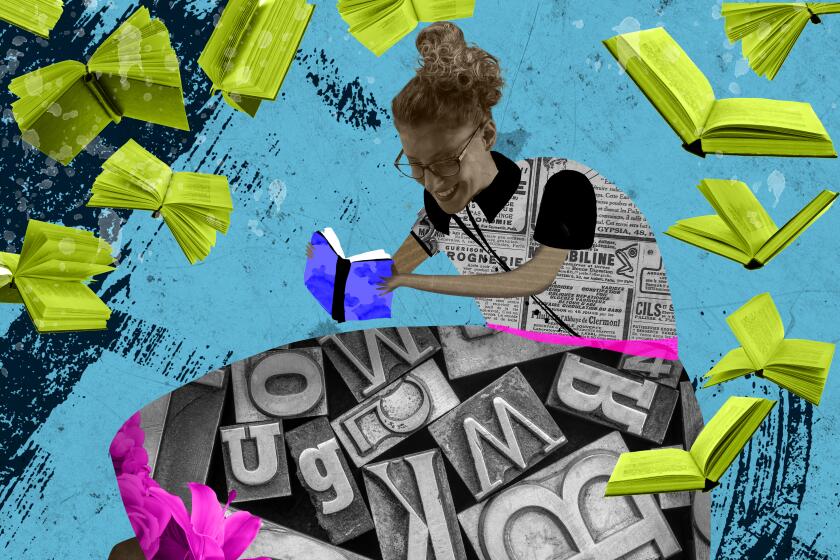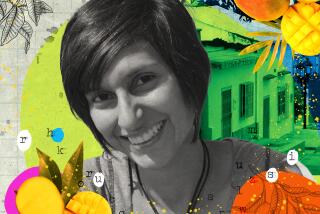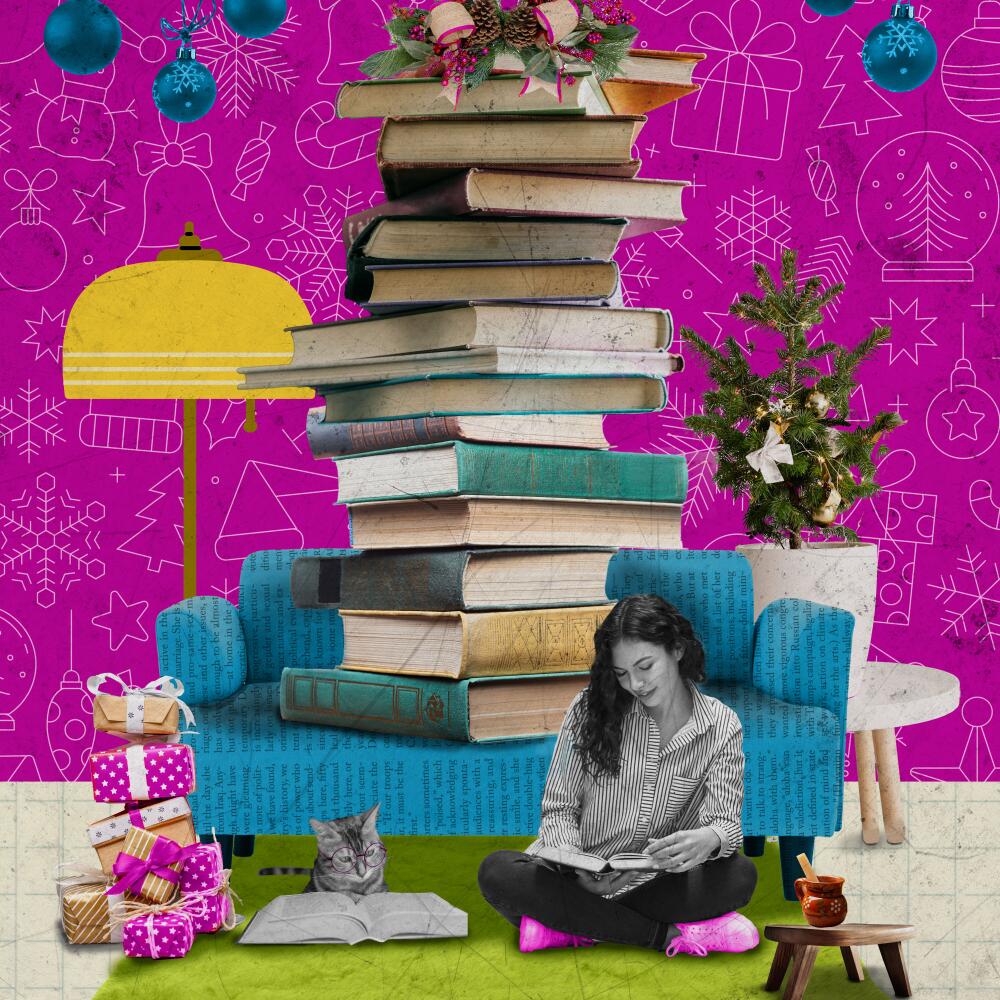
Happy holidays! Welcome to the December edition of “De Los|Reads.” Indulge yourself with an anthology of short stories by Central American women full of enigmatic characters, uncanny situations and unexpected endings that won’t let you stand until you finish the last page.
If you want inspiration for the new year, the nonfiction section has a self-care title that promises a meditative reading and a graphic novel about the Latinx leaders who changed U.S. history.
New U.S. census data analyzed by the San Francisco Chronicle show California’s Hispanic populations are changing.
In the Author’s Note section, don’t miss author Raquel Reichard on the role of self-care in daily life and what you can do to implement simple activities to help improve your wellness. Happy reading!

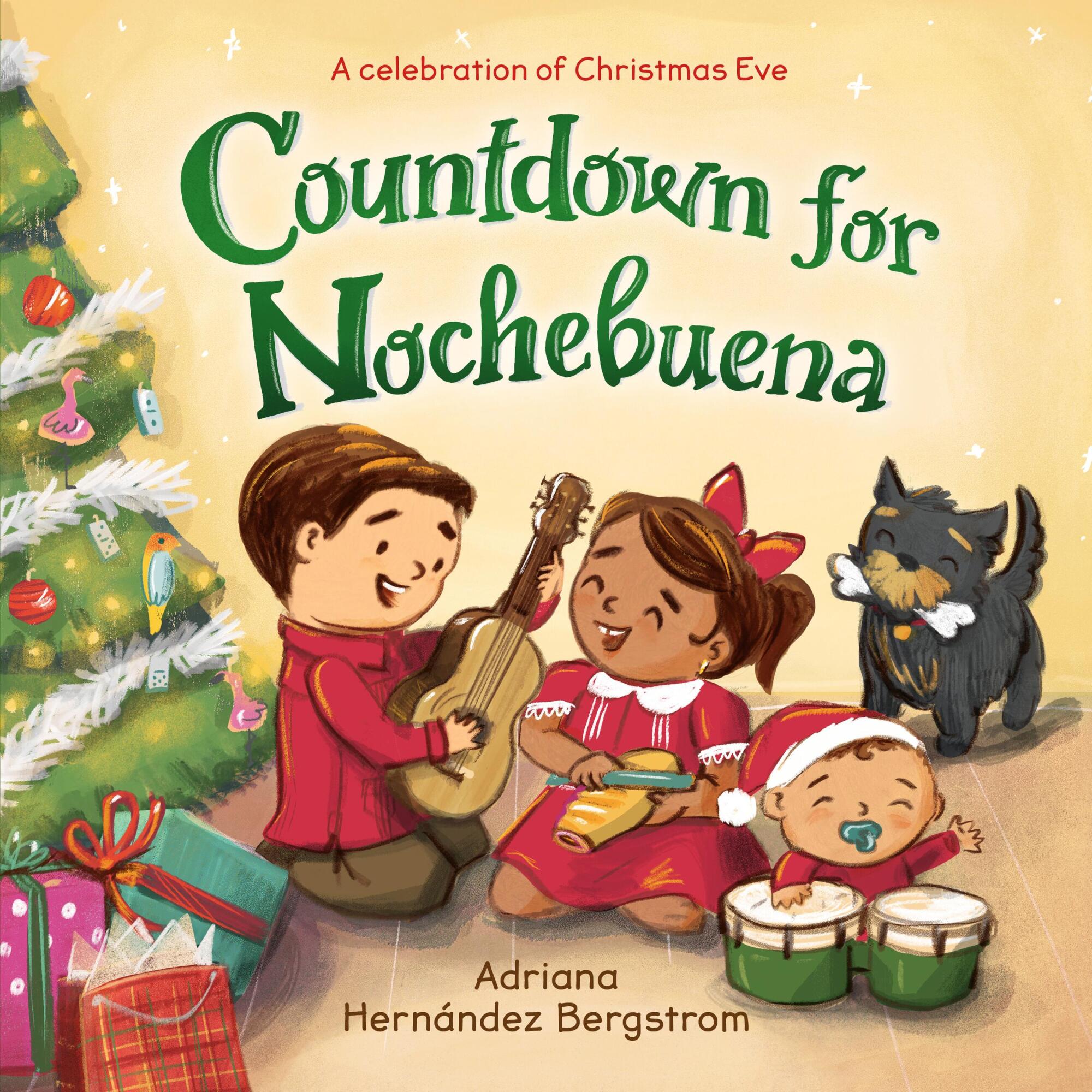
Countdown for Nochebuena
By Adriana Hernández Bergstrom
Little Brown and Company
Hernández’s roots: Cuba / U.S.
This counting book about the magic of Nochebuena, or Christmas Eve, has a delightful Cuban flair. From mouthwatering food to lively family gatherings, the story navigates the holiday festivities with a blend of music, dance, hugs and surprises. Its sweet illustrations, sprinkled with words in Spanish, create a festive journey that teaches counting and embraces the flavors of traditions.
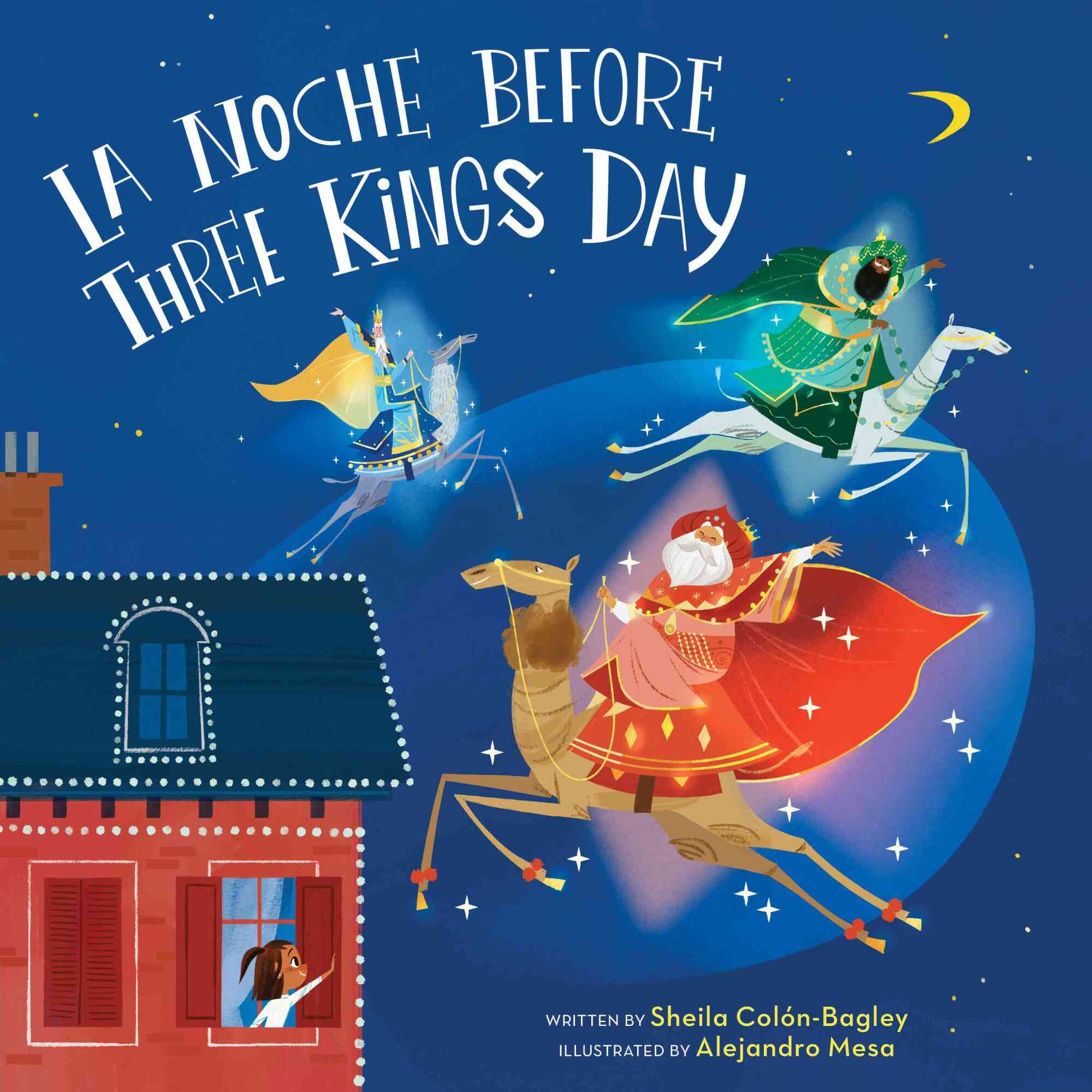
Three Kings Day
By Sheila Colón-Bagley
Illustrated by: Alejandro Mesa
HarperCollins Publishers
Colón-Bagley’s roots: Puerto Rico / U.S.
Mesa’s roots: Cuba / U.S.
This story, written in rhyme, introduces little ones to the celebration of Three Kings Day and how families get together to prepare for the arrival of the magical trio — Melchior, Gaspar and Balthazar, who bring regalitos to the kids and fill every house with wonder.
For modern-day chefs who are descendants of Latin American cuisine, room exists for traditional recipes to bend and crack, opening up possibilities for something new and reflective of today’s culture.
Mesa’s whimsical illustrations breathe life into the narrative and capture the essence of the celebration. This picture book serves as a tool to pass down the tradition of Three Kings Day, ensuring this cultural celebration remains alive and vibrant.
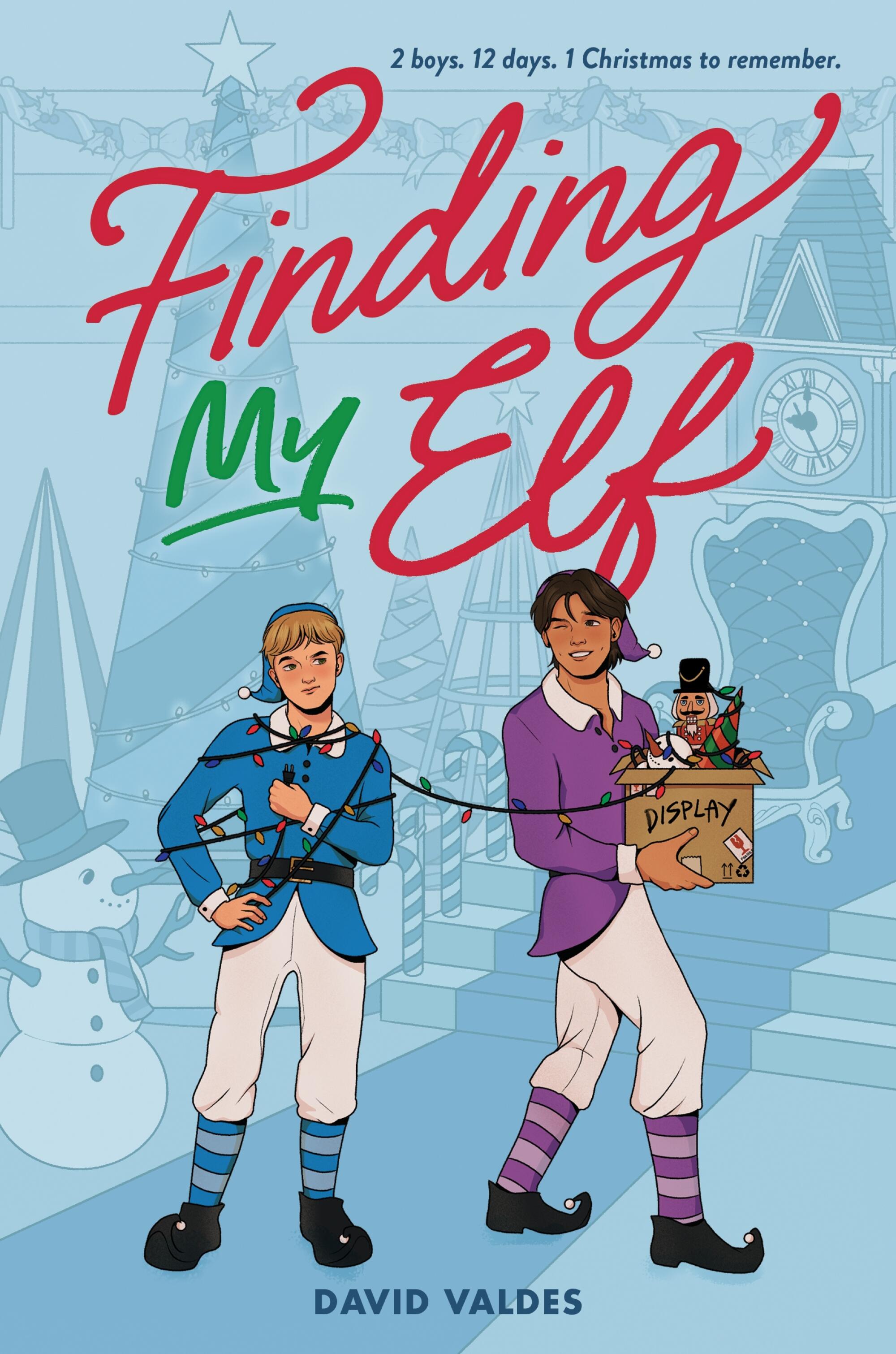
Finding My Elf
By David Valdes
HarperTeen
Valdes’ roots: Cuba / U.S.
Pour yourself a cup of eggnog and dive into this young adult rom-com that blends humor and heart. Follow Cameron, a college freshman, on a quest for true love and self-discovery. A quirky twist of fate turns Cameron’s world upside down, transforming him into his worst nightmare — an elf at his hometown mall. A ride filled with laughter, emotion and the captivating spirit of the holiday season ensues.

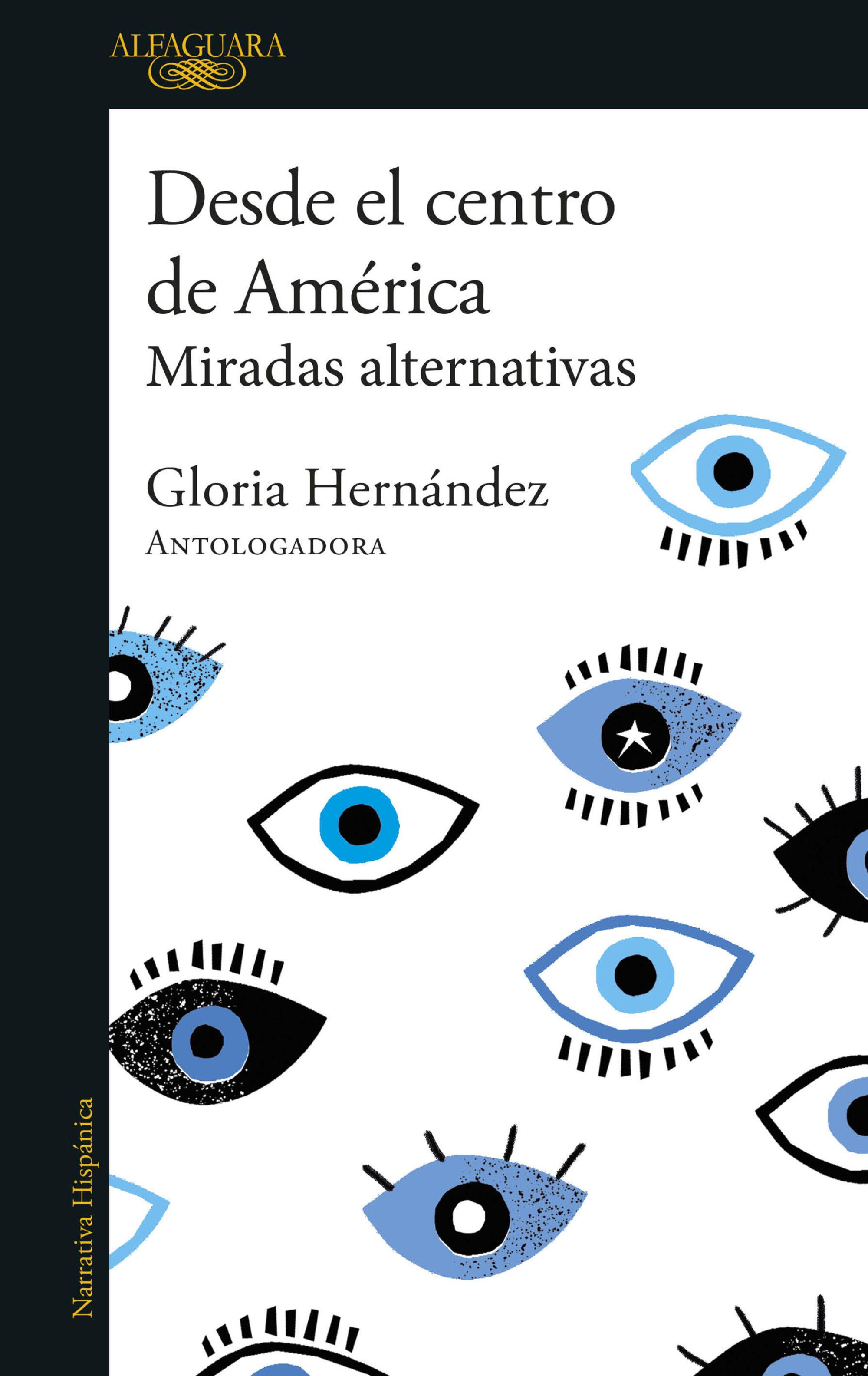
)
Desde el centro de América. Miradas alternativas /
From the Center of America. Alternative Visions
By Gloria Hernández. Anthologist
Alfaguara
Hernández’s roots: Guatemala
This book is a mosaic of voices, an anthology of 21 stories crafted by women who call Central America home. These narratives are magnetic forces that pull the reader into their worlds, leaving them eager to discover what comes next, from a bricklayer hiding his love for wearing red lipstick to an insomniac journalist fighting street violence. The collection is an expedition into the hearts and minds of the region’s storytellers.
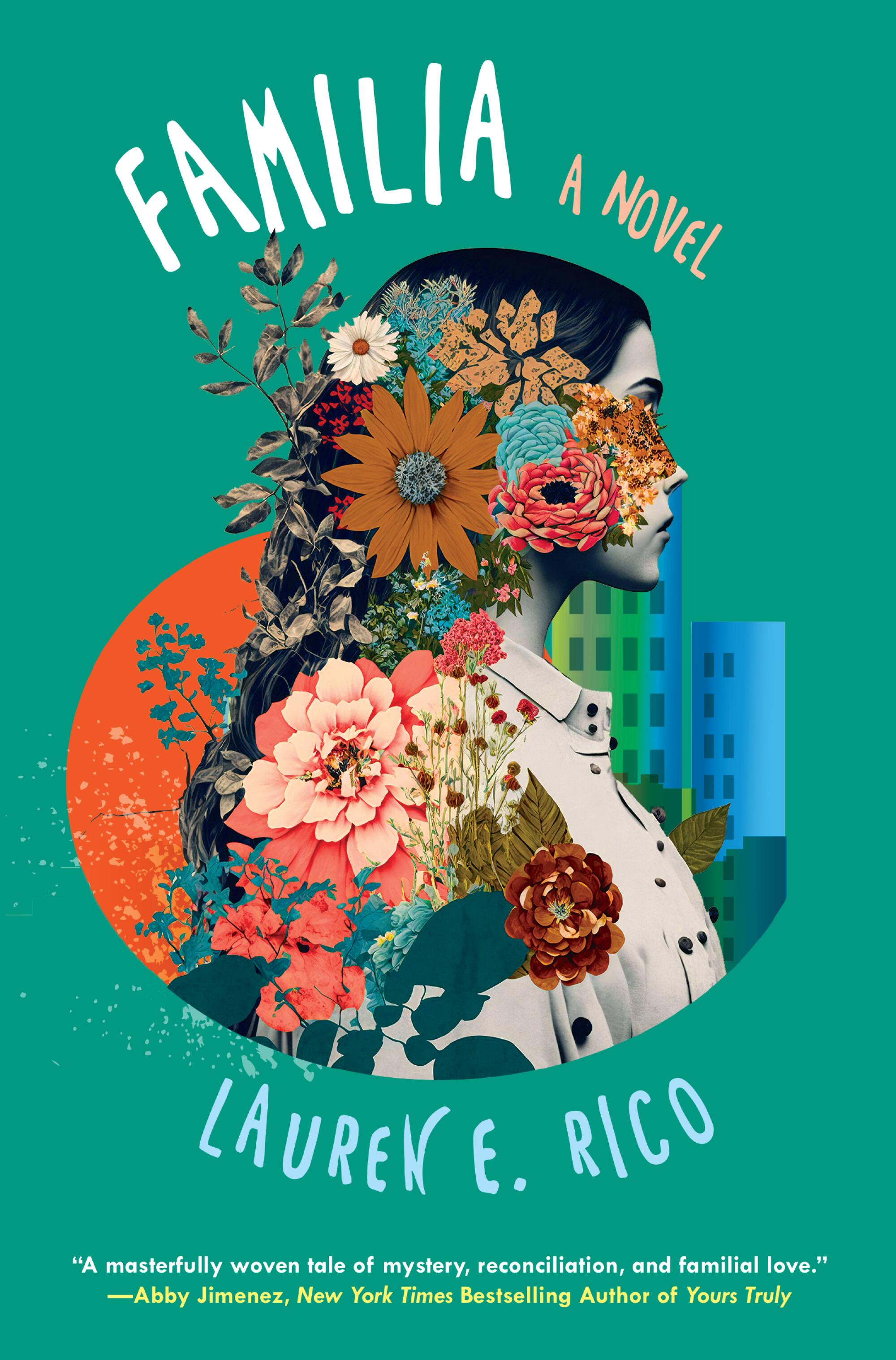
Familia
By Lauren E. Rico
Kensington Publishing Corp.
Rico’s roots: U.S. / Puerto Rico
In the narrative of “Familia,” Gabby, a young journalist in Brooklyn, finds herself at a crossroads when a 50% match in a genealogy test shakes the foundation of her world. Isabella, miles away in Puerto Rico, receives the genealogy report differently; for her, the results are a beacon of hope that sheds light on her painful past.
The first edition of De Los|Reads features a new fiction book from Mario Vargas Llosa, a cookbook from Sandra A. Gutierrez, several memoirs and a book for children who aren’t ready for bed.
With every turn of the page, readers are drawn to exploring the complexities that bind every person to their roots, celebrating the tenacious pursuit of identity.
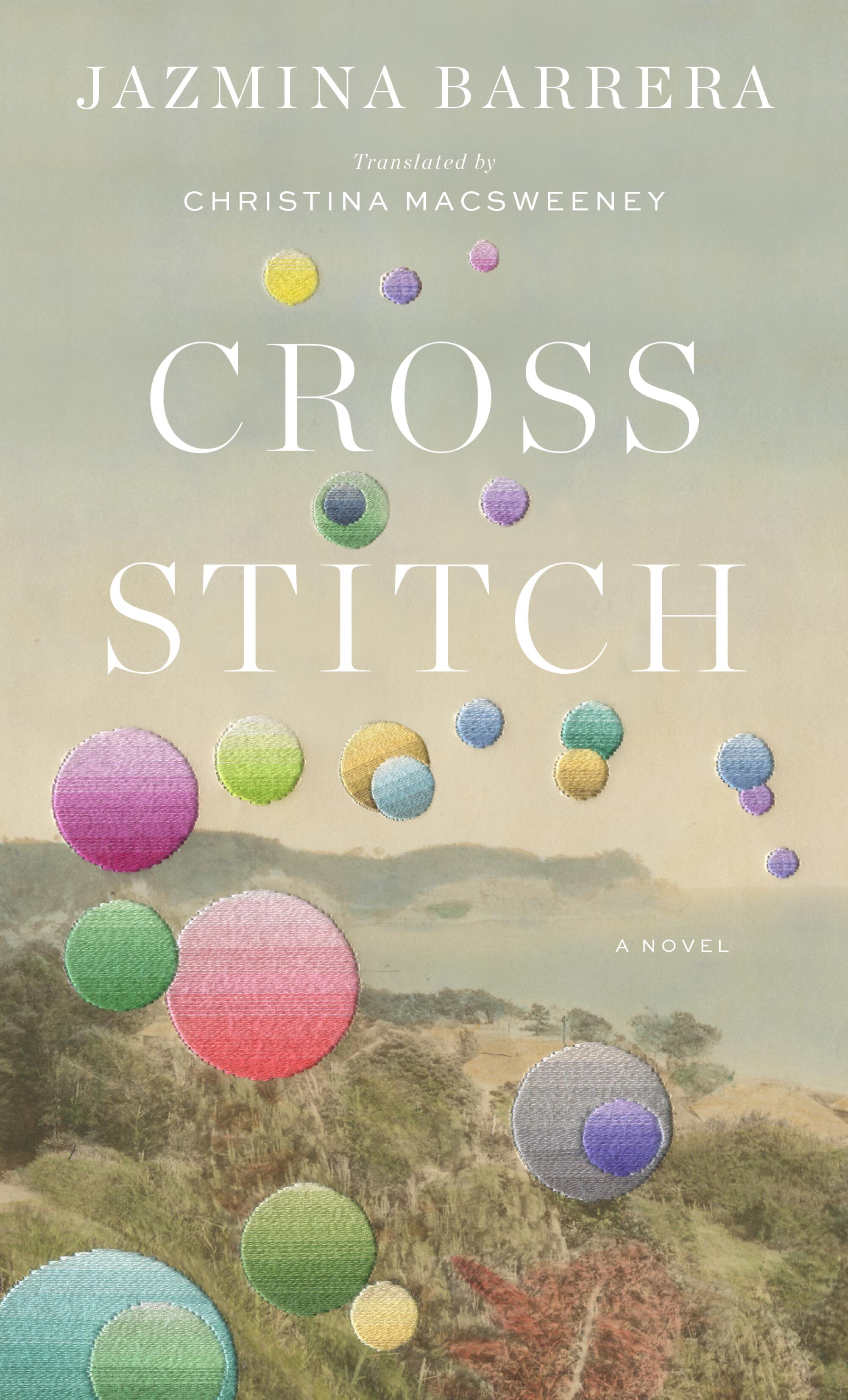
Cross-Stitch
By Jazmina Barrera
Translated from Spanish by Christina Macsweeney
Two Lines Press
Rico’s roots: U.S. / Puerto Rico
In this coming-of-age novel, Barrera employs the metaphor of embroidery to convey the intricate nature of human connections. The narrative unfolds around three friends — Mila, Dalia and Citlali. The sudden death of Citlali becomes the catalyst for a flood of memories, sparking questions about their shared past that Mila and Dalia grapple with. The characters navigate the tortuous terrain of regret and loss, immersing the reader in the lasting impact of collective experiences.

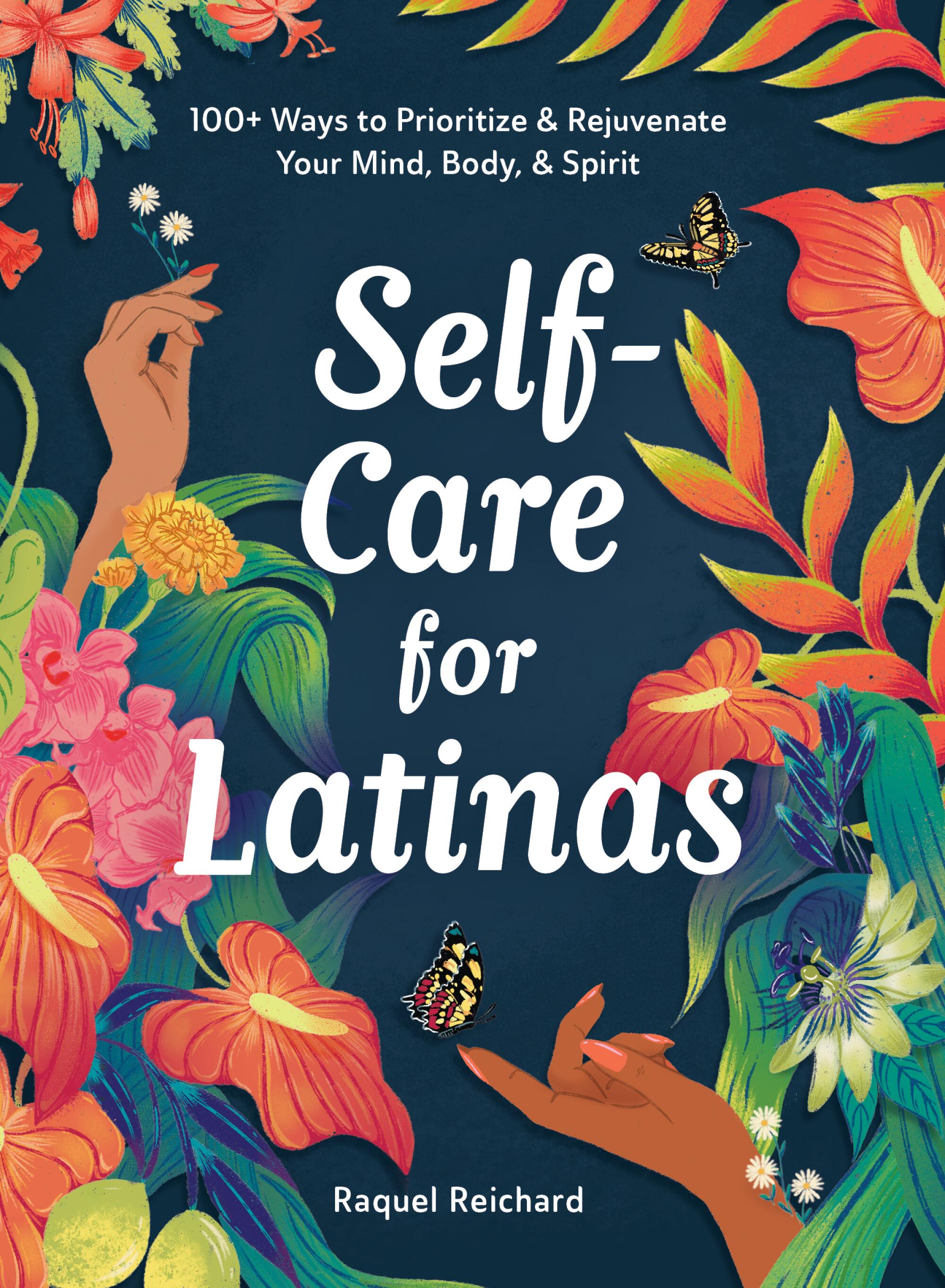
Self-Care for Latinas
By Raquel Reichard
Adams Media
Reichard’s roots: U.S. / Puerto Rico
In a society that often overlooks mental health, Reichard presents a narrative that not only addresses this crucial issue but also ignites conversations with family and friends. “Due to factors like chronic stress and acculturation, Latinas have higher rates of depression, eating disorders, and suicidal ideations than non-Latine women,” the author explains in the introduction of the book.
This compendium of over a hundred short installments was created to fit almost any busy schedule, examining ideas of multigenerational trauma, aging, body positivity, boundaries, grief and much more.
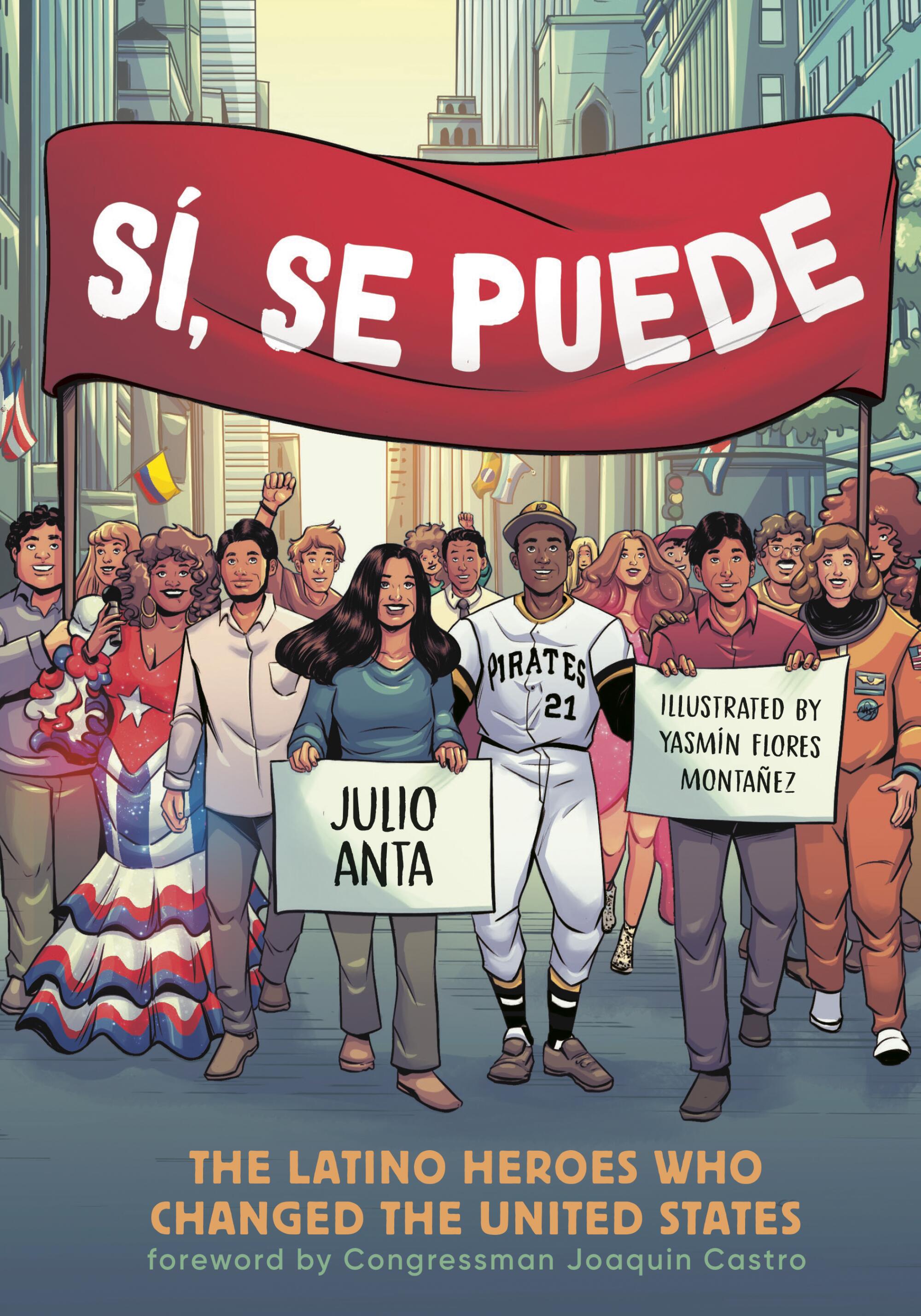
SÍ, SE PUEDE: The Latino Heroes Who Changed the United States
By Julio Anta
Illustrated by Yasmín Flores Montañez
Ten Speed Graphic
Anta’s roots: Cuba /Colombia/ U.S. Puerto Rico
Flores’ roots: Puerto Rico/ US
Anta’s graphic novel is a conversation starter that dismantles colonialist notions that confine the Latino story to the arrival of Spanish colonizers. This graphic novel highlights the vibrant cultures and populations that thrived in Las Americas long before Columbus. The book is a tribute to trailblazers like Sylvia Rivera, Ramon Jaurigue, Sylva Mendez, Dolores Huerta and Cesar Chávez — who helped pave the path for the civil rights enjoyed today.
“Si, se puede” extends its narrative to recognize the contributions of Latinos across various fields, from sports to sciences and entertainment, highlighting their perseverance and excellence that opened doors for future generations.
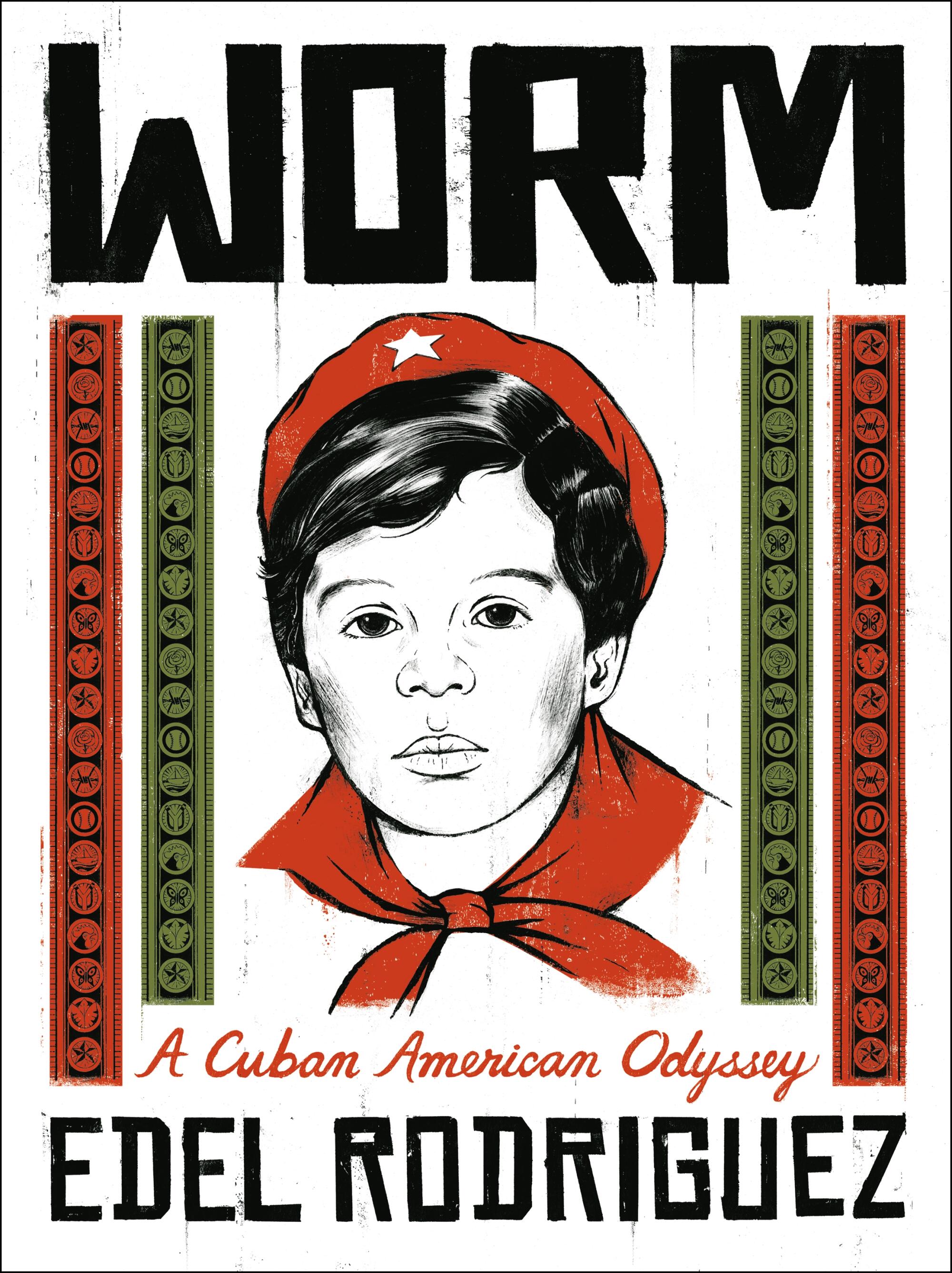
Worm: A Cuban American Odyssey
By Edel Rodriguez
Metropolitan Books - Henry Holt And Co.
Rodriguez’s roots: Cuba / U.S.
With powerful illustrations, Rodriguez lays down a storyline set on the historical backdrop of Fidel Castro’s ascent to power, offering a glimpse into the cruelty of the regime. The story follows Rodriguez and his parents as they embark on a tumultuous and heartbreaking escape from Cuba and, later on, the difficulties of adjusting to a new country and culture.
The reader is guided through the emotional landscape of the author’s experiences, providing a firsthand account of the challenges immigrants face and the transformative power of resilience.

Raquel Reichard is an Orlando-based journalist and editor with Puerto Rican roots who has covered the topics of body politics in the Latino community for more than 10 years. Her debut book, “Self-Care for Latinas,” published by Adams Media, explores the subject in a broader spectrum that includes mind, body and spirit with the insights of a Latina experiencing the struggles of self-care in the first person.
The following conversation has been edited for length and clarity.
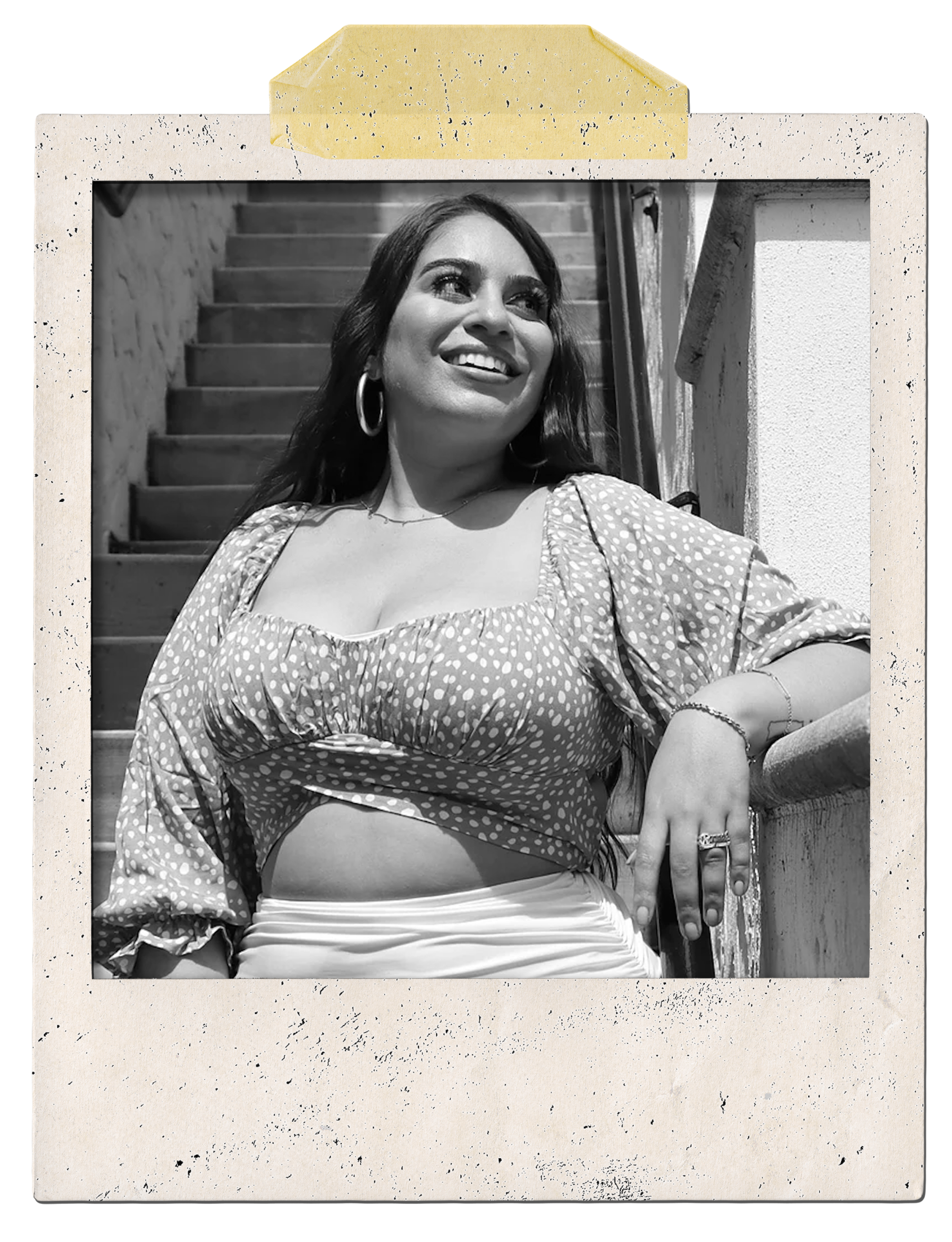
What was your inspiration to write this book?
I have been in the journalism industry for a long time now, and my reporting has primarily centered on Latina wellness. I have written about reproductive justice, eating disorders and gender violence — always from the perspective of ethnicity. I’ve also been very open about my personal eating disorder experience.
It’s so tied to trauma and culture, and it feels isolating because you don’t see people who look like you struggling, so you are not even able to identify that there is a problem that you need support with. You might not resonate with everything in the book, but if you do resonate with something, I encourage readers to sit with that. I touch on some really heavy things, like religious trauma, for example. I want this to be an introduction, not the end of a journey.
How have your experiences shaped how you see self-care?
I started therapy when I was 19 years old. I had left home for college and lived with my aunt and a cousin in New York. That cousin had gone to therapy, and she saw how unwell I was physically and mentally. She was the one who signed me up for therapy for the first time. I’m so grateful to her because that was when my recovery journey started.
My first therapist wasn’t fantastic. She was someone who didn’t understand my context. She was a white woman; it was just not only an ethnic and cultural thing. I grew up in a Pentecostal church, so there were things she didn’t understand, and even though it was helpful, it wasn’t like the relationship I have with my therapist now. She is Cuban and understands the context in a way that has been so significant to my healing. I can say things without feeling judged.
The diabetes drug has become the latest weight loss craze, and it triggers bigger concerns over the inherited diet obsession within Latinx culture.
We have been taught that self-care looks like $20 smoothies or cottage retreats on the other side of the planet, and don’t get me wrong, those things are forms of taking care of yourself, but they’re not equally accessible to everyone. So, for me, it’s essential to offer actual exercises, tools and techniques that anyone can incorporate into their daily life, and that makes sense for our context as Latinas.
Can you share a bit more about that context?
To be Latina is not a monolithic experience. We all have people of different races, different immigration statuses, genders and sexual orientations, different incomes and abilities, and all of these things are going to impact our experiences. The microaggressions that Black Latinas or Indigenous Latinos experience daily are going to look different from the microaggressions that I experienced as a light-skinned Latina. The emotional wounds of a trans or disabled Latina are going to be different than someone who is able-bodied. The load that I carry with me every day is heavy, but that load will look different for someone who does not have a legal status, so I think all those factors need to be acknowledged. I try to acknowledge that as much as possible within the book.
What can readers expect from the book?
When discussing self-care, we must consider a holistic approach, so the book’s first part focuses on mental wellness, the second on bodily wellness and the third on spiritual wellness. I started with something pivotal for me. The first excerpt is about destigmatizing mental health, and the second one is about releasing the guilt that comes with self-care because it’s not until we do those two things that we can talk about anything else. I wrote this book hoping that readers can take what they can and apply it to their lives honestly and realistically. Most of us have busy lives, and if we’re not realistic, we start to set unachievable goals, and then we give up entirely.
Roxsy Lin is a bilingual journalist and illustrator originally from Venezuela. Her work focuses on the pulse of the modern rhythms of Latinidad, arts and culture. @roxsy_lin
More to Read
The Latinx experience chronicled
Get the Latinx Files newsletter for stories that capture the multitudes within our communities.
You may occasionally receive promotional content from the Los Angeles Times.
